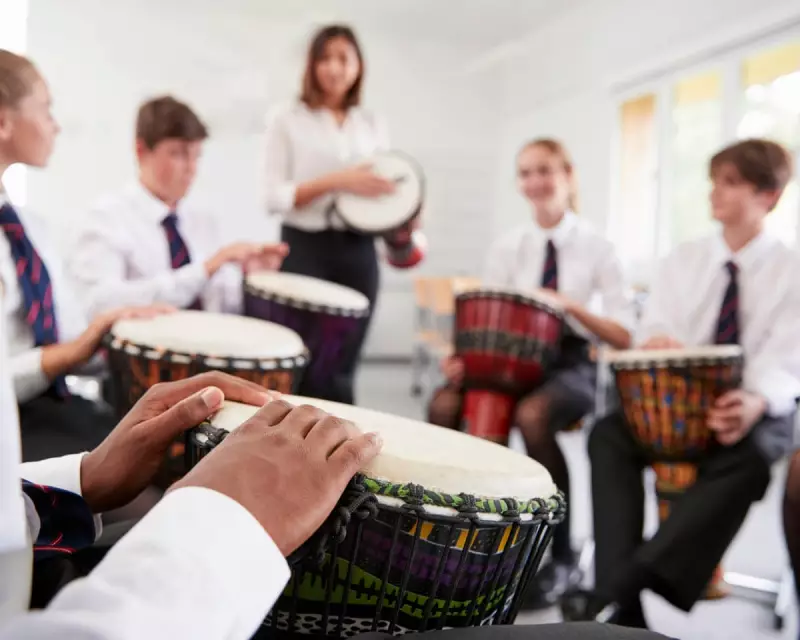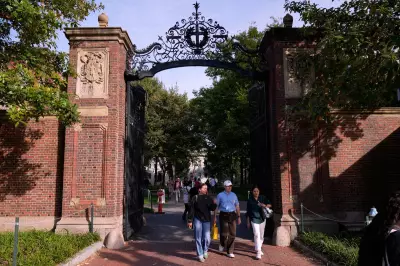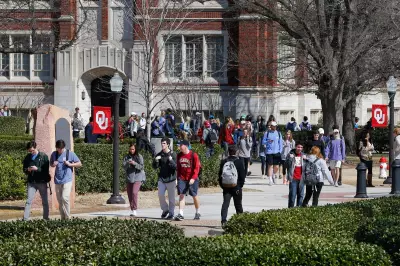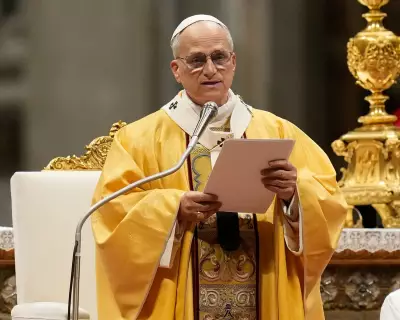
Government's Music Education Push Meets Funding Concerns
The Department for Education has announced ambitions to broaden the appeal of music education across England, stating it wants to give every child a strong start in the subject. This initiative comes amid recognition of music's significant benefits for students' development and the UK's thriving music industry.
Bursary Withdrawal Creates Contradiction
However, this expansion pledge appears at odds with another government decision: the withdrawal of bursary payments for those training to be music teachers from the 2026-27 academic year. This move reverses an earlier commitment to offer a £10,000 bursary from 2023-24 onwards, raising questions about the consistency of the government's approach to prioritising music education.
The Creativity Debate Extends Beyond Arts
Meanwhile, the discussion about creative subjects in education has broadened to include sciences. One correspondent argues that subjects like chemistry involve significant creative achievement, citing the periodic table as an example of human imagination combined with experimental work. The view emphasises that while more art and music in the curriculum is welcomed, all subjects should be regarded as creative and taught as such.
The contrasting policies have left educators and observers questioning whether music education is truly a government priority, despite public statements emphasising its importance for student development and the UK's cultural economy.





